- Home
- slideshows
- miscellaneous
- I asked 8 highly successful people for the most important lessons they've learned in their careers so far
I asked 8 highly successful people for the most important lessons they've learned in their careers so far
Vimeo CEO Anjali Sud learned to seek opportunities out of her comfort zone.

X Prize Foundation founder Peter Diamandis learned the importance of focusing his attention.
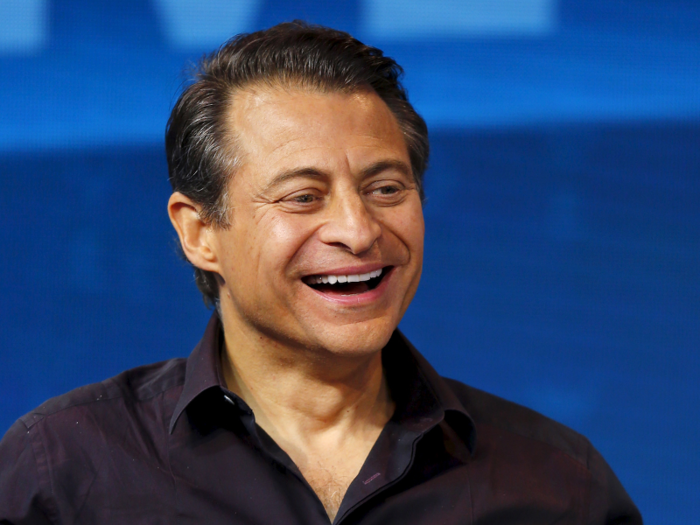
Diamandis is one of those people with a nearly limitless drive to work toward his goals — and so a challenge for him when he was younger was not knowing how to focus that energy.
His parents wanted him to become a doctor, but he wanted to study space. His compromise? Getting his master's in aerospace science from MIT and his MD from Harvard. But even as a medical student, he was involved in space organizations on the side. His balancing act was too much, even for someone who never stopped. His dean called him into his office one day.
"And my dean was like, 'Peter, what are you doing? You're a bright kid. Your interns are telling me you're not paying attention, you're not focusing. Do you want to graduate?'" Diamandis told us. "I'm breaking down in tears right now, and I'm saying, 'Yes, I want to graduate. I promised my parents I would graduate.' And I fessed up on everything that was going on with ISU and my launch company, International MicroSpace.
"And I said, 'We're doing engine development tasks and all of this.' And he goes, 'OK, all right, here's the deal: If you pass part two of the boards, and you promise never to practice medicine, I'll let you graduate.' So he kept his end of the bargain, and I kept mine!
"It was a turning point in my life, because I was able to be done with that obligation."
Retired NASA astronaut Scott Kelly learned that performing at a high level is built on a foundation of constant effort.
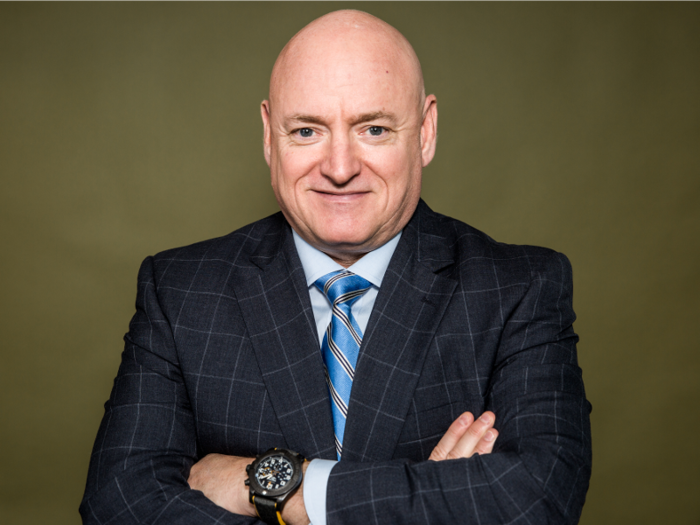
Kelly and his identical twin brother Mark — also a retired astronaut — were different in one key way as kids. Kelly simply did not care about school.
He was able to get enough work done that he made it to the State University of New York Maritime College. By that point, he had decided that he wanted to become an astronaut, inspired to do so after reading Tim Wolfe's book about the subject, "The Right Stuff."
He decided that if he would one day achieve that goal, he would have to excel at school to have even a remote shot at accomplishing it. Determined, he devoted hours every day to studying, and, unsurprisingly, his poor grades began to rise. But his attention began to wander again. As he writes in his memoir "Endurance," there was one weekend where he was ready to head out to a big party at Rutgers when he had a phone call with his brother.
When he mentioned that he had his first calculus exam in a few days but was going to party first, Mark snapped at him for losing track of his goal. "Are you out of your goddamn mind?" he remembered Mark telling him. "You're in school. You need to absolutely ace this exam, and everything else, if you want to get caught up."
Kelly decided to take his brother's advice, and things, of course, worked out. But he remembers it as a moment where his discipline could have been shaken forever.
Media mogul Tina Brown learned that taking care of your team is the way to foster your own success.
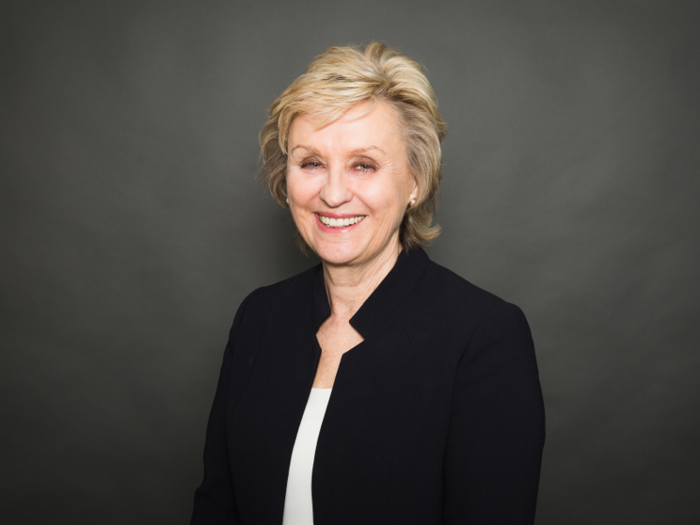
As the editor of Vanity Fair and the New Yorker, and as the founding editor of the Daily Beast, Brown left an indelible mark on American media. She told us that her successes were only possible because she learned early in her career not only how to create and rely on excellent teams, but to keep them loyal.
"Really nurture talent — I mean, talent's the key to it all," she said. "You have to handle people properly. You need to find them, but then you've got to keep them with you. The way you keep them with you is by being genuinely engaged with people.
"I'm always shocked, frankly, at how editors really don't pay much attention to the writers at all. Writers will write for somebody for very little money, as they did for me at the Beast, if they get a response. If they get a note back saying: 'Fantastic piece. Can you just make the top this, and I suggest you change the middle to this?' Boom, they love it. They want response, and they want to feel that they've found a home."
Edible Arrangements founder Tariq Farid learned to not engage with those who wanted to see him fail.
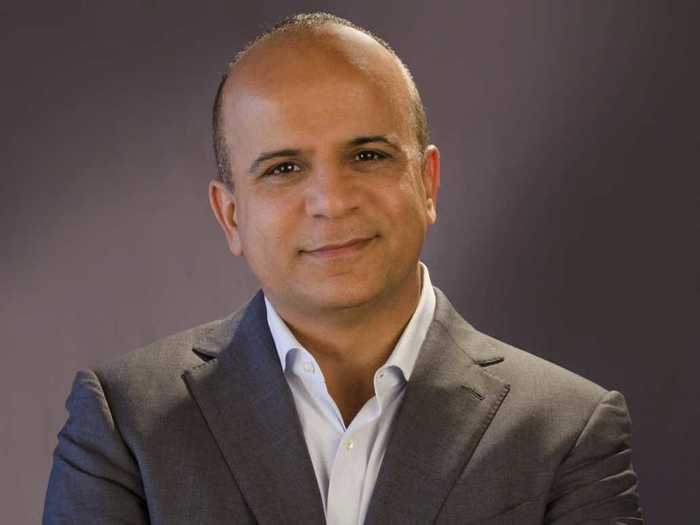
Farid moved to Connecticut from Pakistan when he was 13, and his family had very little money. The combination of having a different ethnicity and economic background from other kids in the neighborhood led to some bullying — but even as he explained it to us, he said he didn't want to overplay it, because he learned to dismiss it and focus on the neighbors that welcomed his family and supported their flower shop.
It was useful to him as an adult, when there was an online conspiracy theory about Farid sending his foundation's money to the Islamic paramilitary group Hamas, an accusation the Anti-Defamation League publicly stated was baseless.
"I've faced these kind of remarks and discriminatory things before," Farid told us. "But when you measure that to the success you've gotten on the other side, it's insignificant."
"If you want to focus on pessimism, if people want to focus on negativity, then you get negativity and you only stay within negativity. But if you want to focus on what you can do not only to better yourself but to better your community and to better the people around you, then you will do that."
Facebook cofounder Chris Hughes learned how to balance ambition with reality.
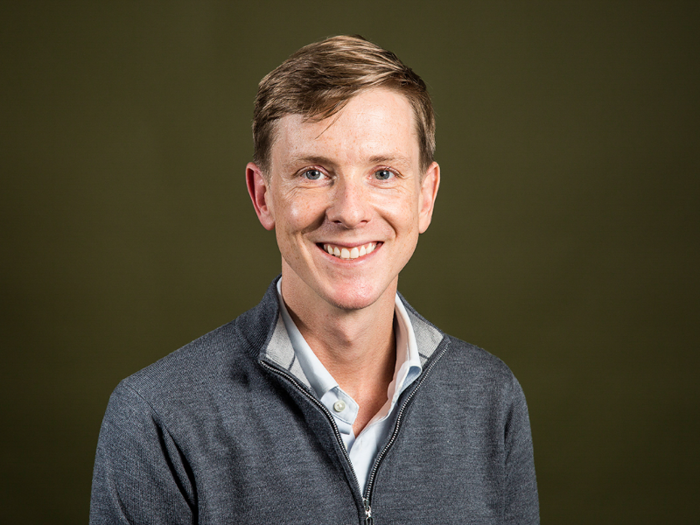
Hughes helped his Harvard roommate Mark Zuckerberg develop Facebook in its early years, and it made him unexpectedly rich. In 2012, he used some of his fortune to buy the struggling magazine The New Republic.
Hughes wanted to make the highbrow liberal journal a mainstream success, and his efforts to do so resulted in $25 million spent over four years and the loss of most of his editorial staff, in protest of his changes.
When we spoke with Hughes, he explained that while he stands by some of the changes he made, he regrets that he went in "guns blazing." He's taken what he's learned to his current venture, the Economic Security Council.
"That's why I didn't start an organization to campaign for UBI right off the bat," he said, referring to Universal Basic Income, a system in which every citizen receives a guaranteed income regardless of their circumstances. Instead, Hughes' organization is advocating for a guaranteed income of a monthly $500 sent to working Americans making under $50,000. It is certainly quite ambitious, but one Hughes doesn't see as impossible, and he is willing to support policies that gradually ease into it.
As he wrote in his book "Fair Shot," his failure at the New Republic taught him that, "just because an idea is bold does not mean that the means to achieve it need be. A prosaic and incremental approach can be a more effective way to put poetic ideals into practice."
Planned Parenthood president Cecile Richards learned to not second-guess herself when an intimidating opportunity arose.
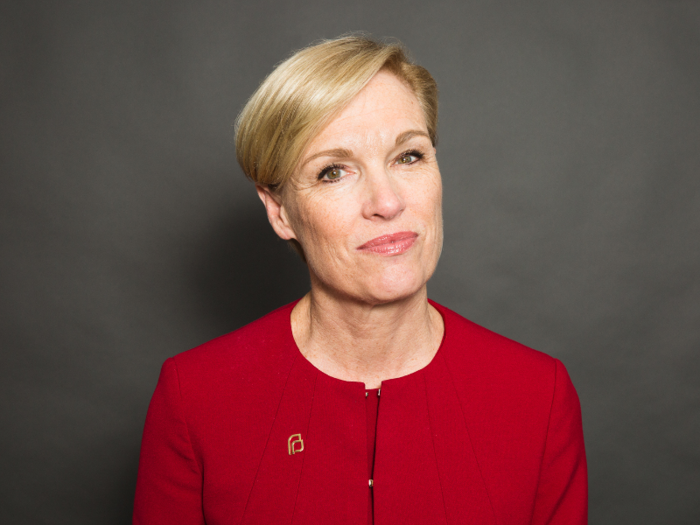
Richards is in her last year as the head of the women's health organization Planned Parenthood, and she's brought it back to its movement roots. Throughout her career, in fact, she's never shied away from defending causes she believes in, regardless of the opposition's power or aggression. She told us her model has always been her late mother, former Texas governor Ann Richards.
"She spent a lot of years just doing what society expected her," Richards told us. "She was just to raise kids, be a perfect wife, throw the perfect dinner party, and she did that for several years. And it wasn't until she had the chance to break out and do what she wanted to do for her — I think she was always regretful that she, you know, missed some time. You know, she let social convention get in the way.
"So her best advice was, 'This is the only life you have, so do it.' And whatever it is, never turn down a new opportunity. And, you know, she used to say when I was worried about taking a new job — or to other women who would say, 'You know, I'm not sure if I'm qualified' — she said, 'Look. What's the worst thing that could happen?" And I think that's really good advice when you're thinking about starting a new business or changing jobs. It's just, 'what's the worst thing that can happen,' because usually, once you can imagine that, it's not that bad."
Flatiron Health CEO Nat Turner learned that following a clearly defined mission brings out the best work in himself and his team.
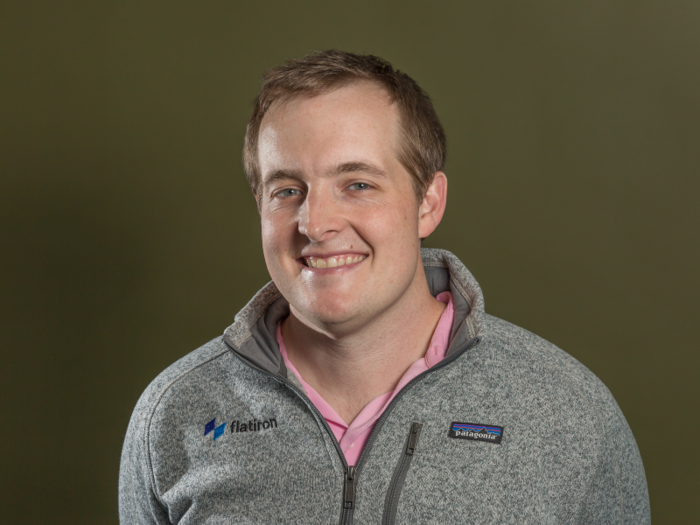
Nat Turner was only 24 years old when he sold his first company for $80 million, eight years ago. It was a deal with Google that got him and his cofounder Zach Weinberg some capital and a management job at Google New York office in exchange for their ad platform, Invite Media. But it took all of one day for them to feel bored and unsatisfied.
"And we always say, our obituary one day, when we die: We don't want to say we optimized banner ads online," Turner told us.
Inspiration struck when Turner considered a question from his cousin, whose seven-year-old son was still fighting a battle with leukemia that he'd eventually win. Turner's cousin couldn't figure out why it was so difficult to find data on childhood leukemia treatments, considering that it seemed like a problem that could easily be solved by tech.
Turner and Weinberg decided to create the software that would do that, and more, which led to the creation of Flatiron Health in 2012. Today the company is valued at over $2 billion, and Turner can't imagine ever leading a company that doesn't have a purpose beyond making money.
Turner explained that the company's mission isn't just pushing him and Weinberg to work harder. "Everything's easier," he said. When you have passion for what you're doing, he explained, top talent and investors are drawn to your company.
Popular Right Now
Popular Keywords
Advertisement